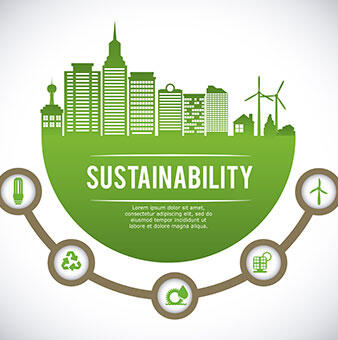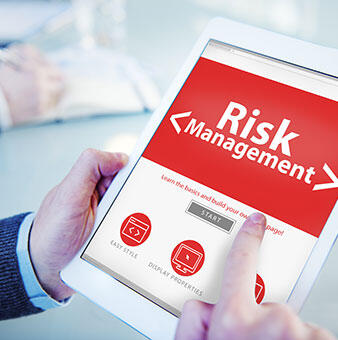

DHC helps clients identify, evaluate, and manage ESG issues to improve performance and mitigate risks. DHC helps Clients assess risks and opportunities, develop or improve procedures and controls, set performance measures, and monitor performance. DHC helps clients ensure that data and information is supportable, via developing procedures and controls, or conducting or supporting audits. DHC applies 15+ years of experience to embed features into ESG programs to prevent and detect “ESG fraud.” DHC supports comprehensive ESG across the organization, or for specific ESG topic(s) or needs.

Strategic leadership and excellent performance in ESG can also add value to organizations through:

“Materiality” is the relative importance of a topic, relative to the whole. In the ESG world, organizations are encouraged to focus primarily on “material topics.” This is easier said than done. One reporting framework specifies that organizations don’t necessarily define material topics – outside stakeholders do. But which outside stakeholders? Accountants have developed the concept of materiality as it applies to financial reporting, but this does not translate exactly to the expansive ESG arena. If you’ve been involved with a homeowners’ association, you already know that everyone has an issue that is material to them. DHC’s experience in ESG topics, different types of ESG audits, and ESG support to Internal Audit and financial audits and a high-profile monitorship can be leveraged to help Client organizations apply materiality to ESG.
Enterprise Risk Management (ERM) arose in the early 2000s, in the wake of Enron and Worldcom scandals – which also led to Congress passing Sarbanes-Oxley Act. While Sarbanes-Oxley focused on internal controls over financial reporting, ERM was designed to be applied to any topic, and at any scale. The upside of this flexibility is that ERM can be adapted to anything – including ESG. The downside of this flexibility is that it requires organizations to do the adapting. There have been revisions to the COSO ERM framework. There are management frameworks for compliance (including risk) for many specific ESG topics. Still, the sheer number of ESG topics and the risks (and opportunities) they provide makes this a daunting challenge. ESG risks, requirements – and opportunities – continue to change at a rapid pace. This makes it imperative that organizations apply concepts to for more effective and efficient results in the ESG space.